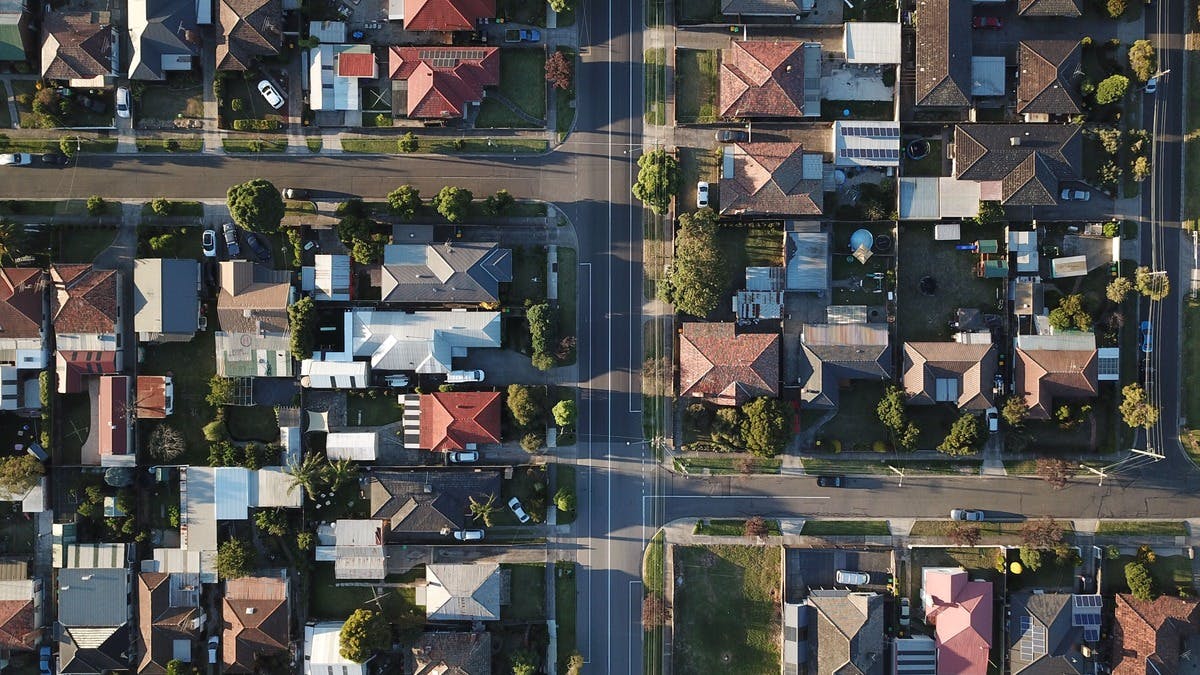The Victorian Government has announced measures to reduce the state’s reliance on fossil methane gas.
This decision aligns with the No More Gas campaign’s Community Gas Retirement Roadmap, which strongly recommends prohibiting any further residential or commercial gas connections throughout the state. The key elements of the Victorian Government’s plan, as unveiled by Environment Minister Lily D’Ambrosio, are as follows:
- All new planning permits will be required to refuse gas in favour of all-electric buildings, starting from 1 January.
- Any future State Government buildings will be gas-free.
- The government will offer a package of grants to support residential fuel switching.
- A $10 million reskilling package will assist workers in transitioning to a post-gas energy economy.
These measures have been warmly embraced by Rewiring Australia, an organisation advocating for the transition to cleaner energy sources. The ban on new gas connections for houses and apartments is expected to not only reduce energy bills for households but also significantly cut down the state’s greenhouse gas emissions.
Research by Rewiring Australia has highlighted the financial benefits of replacing gas-powered appliances with modern, efficient, electric alternatives, especially when combined with rooftop solar systems.
For instance, the cost of a hot shower using gas is approximately 49 cents, but with a commercially-available, solar-powered heat pump, it plummets to just six cents. Similarly, heating a Victorian home with gas costs an average of $2.47 per day, but with a solar and battery-backed heat pump, the cost more than halves to $1.13.
Dr Saul Griffith, co-founder and chief scientist of Rewiring Australia, praised the decision for electrification as a means to lower household bills and reduce reliance on fossil fuels. Electrification, according to Dr Griffith, is the fastest and most cost-effective way to significantly cut energy costs and emissions, especially considering that household decisions account for 42 per cent of emissions in the domestic consumption economy.
The policy extends to all new Victorian Government buildings, which will also be required to go fully electric. Additionally, an incentive package will help new homebuyers save $4,600 on solar technology while permanently lowering their energy bills.
The Climate Council also commended the Victorian government’s decision, emphasizing that all-electric housing contributes to a cleaner environment and improved health for Victorians. The harmful impacts of burning gas at home, such as increasing the risk of childhood asthma, have long been known, and this shift away from gas is seen as a major stride toward clean, safe, and affordable homes.
The Energy Efficiency Council joined in welcoming the decision, stating that all-electric homes are not only cheaper to run but also healthier to live in, and they play a crucial role in lowering emissions.
Consumer group Renew’s analysis indicates that building an all-electric home could reduce household energy bills by 35 per cent, with potential savings doubling when paired with rooftop solar and energy efficiency upgrades. By redirecting the funds saved from energy bills to pay off home loans, families could shave off up to two years from an average 25-year mortgage in Melbourne. Induction cooktops are also gaining popularity, offering lightning-fast cooking experiences and being a healthier option compared to gas cooktops, which have been linked to respiratory conditions like asthma.
The Victorian Government’s decision to phase out new gas connections for homes is a significant step toward a cleaner and more sustainable future. For small and medium-sized enterprises (SMEs), this move presents opportunities to adopt energy-efficient practices and technologies, potentially leading to lower operating costs and improved environmental credentials.
Keep up to date with our stories on LinkedIn, Twitter, Facebook and Instagram.

